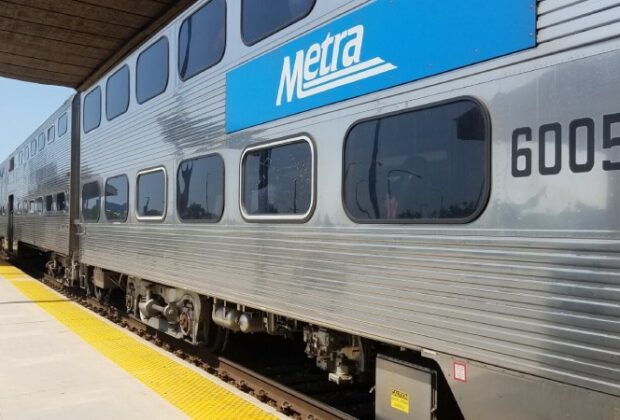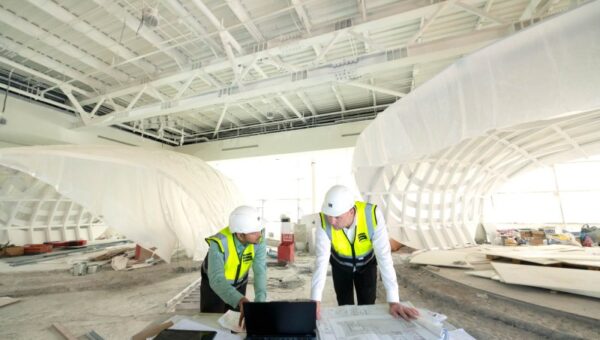Today, the Board of Directors approved a contract for Metra to purchase battery-powered, zero-emission trainsets, propelling the company into a brighter future. Metra will use this cutting-edge technology among the first in the country.
“This purchase demonstrates Metra’s commitment to cleaner power, to quieter trains, and to thinking outside the box as we plan for our future,” Metra CEO/Executive Jim Derwinski stated. “We are excited to bring this technology, and its efficiency, flexibility, and reliability, to Chicago and to our riders.”
A trainset is a collection of permanently or semi-permanently connected railcars having operator controls at either end to enable rapid direction changes. The trainset is propelled by a single engine rather than by separate ones. Under the terms of the contract, Stadler U.S., of Salt Lake City, Utah, will provide eight two-car battery-powered trainsets for a base price of $154 million, including engineering, training, and spare parts. Up to eight additional trainsets and up to 32 trailer cars, which could be added to the two-car trainsets to create three- or four-car trainsets, will be available for an additional $181.4 million.
For the procurement of the trainset, Metra has been awarded a $169.3 million federal Congestion Mitigation and Air Quality Improvement (CMAQ) grant. This amount will pay both the base order and a portion of the options. The twenty percent local contribution required for the grant will be covered by funds from the state PAYGO program.
To comply with ADA standards, the trainsets will feature lifts and low-level boarding. There will be 112 seats available in each two-car combination, and an extra 46 seats will be available in each trailer vehicle. Open gangways will let riders to travel freely from car to car on the single-level sets. They will have amenities including USB outlets, luggage racks, bike racks, and passenger information signs. If bought, half of the trailer cars would have ADA-compliant restrooms.
Metra thinks that using battery-powered trainsets, especially during off-peak hours, could be a more cost-effective and ecologically responsible method to deliver the same level of service or perhaps better. They might be crucial in assisting Metra in realizing its goal of offering more regular daily service, or “regional rail service.” It is anticipated that the first sets would be delivered in 2027–2028.
A 45–65 mile range is anticipated for a fully charged trainset. The amount of time needed to charge from 20% to 80%—enough to run the trainset—will vary, but it should take between 20 to 30 minutes. The precise infrastructure for charging and its price have not yet been decided.
Metra intends to install the trainsets on the 16.4-mile Beverly Branch of the Rock Island Line between LaSalle St. and Blue Island. That would have a direct positive impact on the quality of the air in low-income communities on Chicago’s South Side and in the nearby suburbs.
Purchasing the trainsets would free Metra from tons of carbon emissions and enable it to retire some of its oldest and most polluting diesel locomotives, which are well past their useful lives. Additionally, Metra would be able to retire a few of its oldest railcars.
The final assembly of the purchase will take place at Stadler’s Salt Lake City plant, in compliance with Buy America regulations. For three other U.S. transit agencies, Stadler has constructed and is now constructing FLIRT (Fast, Light, Innovative, Regional, Train) trainsets; however, these are not battery-powered, but rather run on diesel engine gensets or hydrogen fuel cells. Electric, diesel/electric hybrid, and battery-powered models have been produced throughout Europe.




